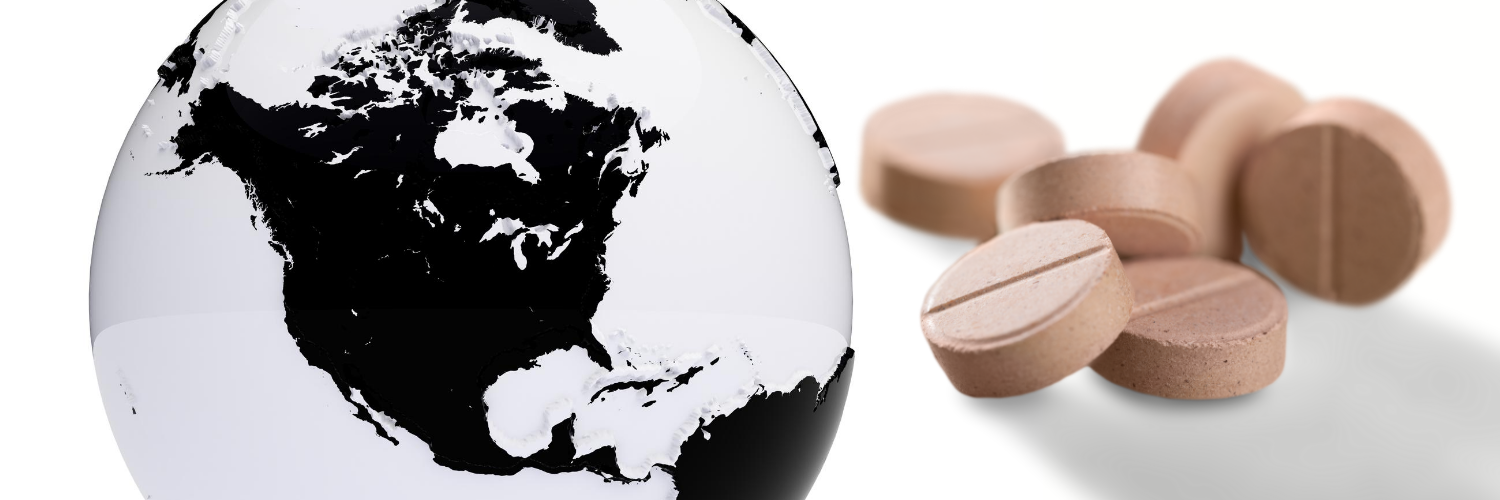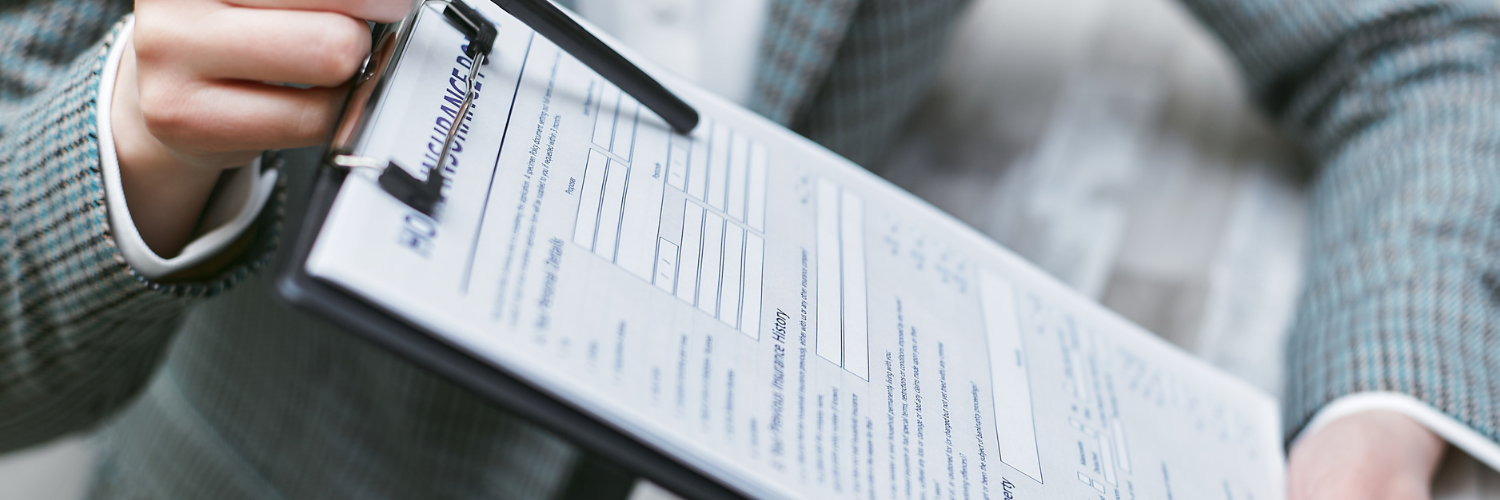How are cancer patients managing fatigue?

A cancer diagnosis spells more than just hair loss, the lesser-discussed hardship being exhaustion. Fatigue is extreme exhaustion; those suffering from it find that even everyday tasks such as brushing your teeth can feel debilitating. According to the National Cancer Institute, this fatigue is actually the most common side effect of cancer and can plague patients’ lives for up to five years after remission. The American Cancer Society (ACS) reports that 80% to 100% of cancer patients experience it.
As for management, modern research suggests that exercise, cognitive behavioral therapy, and even diet can ameliorate severe cancer-related fatigue (CRF). Cancer fatigue is different from your run-of-the-mill tiring day. In general, fatigue (provided you are not on medication that causes tiredness) is related to lifestyle factors like sleep, diet, and exercise. Most often, it can be corrected by a shift in routine. Cancer patients face unavoidable fatigue that even a four-hour nap can’t alleviate.
What is fatigue in general?
The Mayo Clinic defines chronic fatigue as a “nearly constant state of weariness that develops over time and reduces your energy, motivation and concentration.” Temporary fatigue, as stated above, is often the result of poor sleep, diet or exercise. Chronic fatigue goes hand-in-hand with more than a few severe illnesses: COPD (chronic obstructive pulmonary disease), liver disease, head trauma, and even the novel coronavirus can lead to chronic fatigue.
Because our lifestyles often hinge almost directly on our occupations, our job, too, can lead to fatigue. Night shift workers, especially those who work in labor-intensive industries like construction, can experience frequent fatigue. A survey performed by the National Safety Council found that transportation, construction, utility, and manufacturing are the industries with the most fatigue risk factors. The National Safety Council’s research aims to prevent fatigue on the job, which, in these workplaces, can also lead to serious injury.
What causes extreme fatigue in cancer patients?
Cancer-related fatigue (CRF) does not have one known cause, as cancer treatment itself can be a combination of therapies and surgeries. Cancer itself frequently causes fatigue. Research shows that 40% of patients report chronic exhaustion when they are first diagnosed with cancer. This number goes up with treatment: 80% of patients treated with chemo report having fatigue, and 90% of those with radiation report that as well.
Because many illnesses cause fatigue, cancer, one of the most life-threatening chronic conditions, doesn’t seem like an outlier; in other words, of course cancer causes fatigue. What makes CRF so debilitating is cancer treatment, which exacerbates the exhaustion that a patient may already feel.
According to chemocare.com, the length of the CRF depends on the course of treatment. Chemotherapy can result in a week’s worth of CRF, while a bone marrow transplant, a treatment reserved for severe cases, can lead to yearlong CRF.
How do cancer patients manage fatigue?
With its causes still largely unknown, CRF takes many different treatments, including yoga, sleep therapy, and nutritional counseling. And yes, exercise can help with fatigue. The American Cancer Society reports that “physical activity during and after treatment can decrease fatigue.” The ACS also recommends consulting a palliative care team to determine the best course of treatment. “Palliative care,” in cancer lingo, is a term used for the treatment of cancer treatment symptoms.
Most recently, Dr. Antonio Di Meglio presented research in France that suggested physical exercise and cognitive behavioral therapy are two viable treatments for CRF. For his research, Di Meglio surveyed specifically breast cancer patients. These two treatments aim at healing CRF by preventing “feelings of hopelessness,” which arise as a result of the fatigue and can bring fatigue-related depression. From this point of view, CRF is a vicious cycle. Initial fatigue causes helplessness which causes depression which causes fatigue. And if you can intervene somewhere in this cycle, — say, cut off the system supply at the stage of helplessness — you may be able to prevent mild fatigue from becoming extreme fatigue.
CRF has gotten much more attention in the past decade, as cancer researchers focus less on temporary symptoms, like vomiting, and more on the truly chronic ones. And, you guessed it, there are apps for managing cancer-related fatigue. The app UnTire focuses on psychotherapy and physical exercise for treatment of CRF. (Britain’s National Health Service has actually given its blessing to the UnTire app.) The app Owise allows breast cancer patients to track side effects to see when certain ones flare up or dissipate.
Are there any medications patients can take to combat CRF?
Cancer patients may take stimulants to combat CRF, according to the ACS, but only for temporary bursts of energy. Some research suggests the psychostimulant methylphenidate can reduce fatigue, but methylphenidate can be habit-forming. CRF is a chronic condition, much like cancer, and cannot be treated with short-term treatment like psychostimulants.




